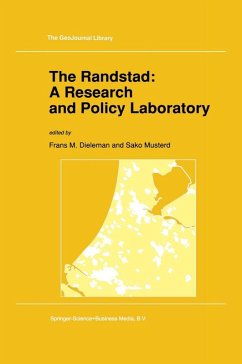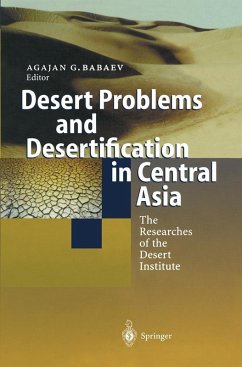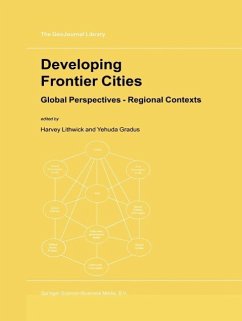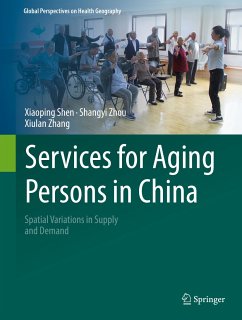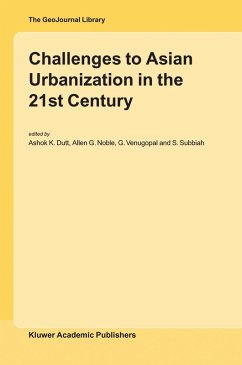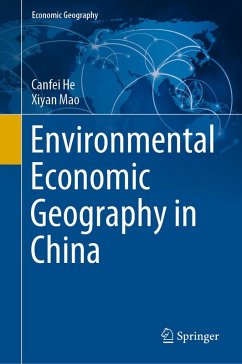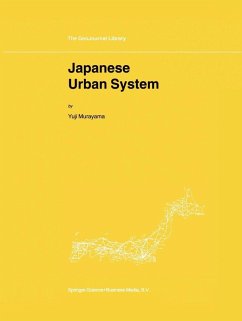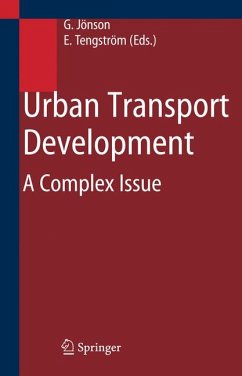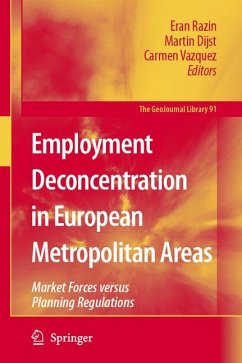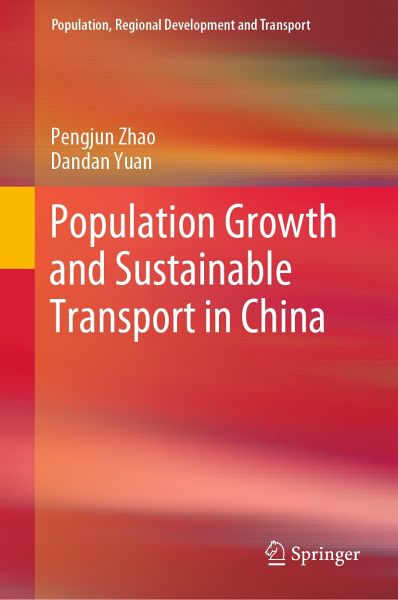
Population Growth and Sustainable Transport in China (eBook, PDF)
Versandkostenfrei!
Sofort per Download lieferbar
120,95 €
inkl. MwSt.
Weitere Ausgaben:

PAYBACK Punkte
60 °P sammeln!
This book discusses the links between population growth, migration and the transport system in China. It first reviews the theories concerning the relationship between population growth, distribution and transport systems from an international perspective and then analyses the history of and changes in population growth, population migration, urbanisation and population spatial distribution in China by using multiple data sources, including the census, China Family Panel Studies data, China Migrants Panel Studies data and mobile phone data. Thirdly, it explores the effects of population growth...
This book discusses the links between population growth, migration and the transport system in China. It first reviews the theories concerning the relationship between population growth, distribution and transport systems from an international perspective and then analyses the history of and changes in population growth, population migration, urbanisation and population spatial distribution in China by using multiple data sources, including the census, China Family Panel Studies data, China Migrants Panel Studies data and mobile phone data. Thirdly, it explores the effects of population growth and migration on transport infrastructures and services in terms of planning, investments, development, operation and management. The book also evaluates the features, strengths and weaknesses of various population policies on the basis of their impacts on transport, birth control, the hukou system, the migration management system and the policies designed to limit the growth of large cities and encourage the growth of small cities.
Further, it addresses transport policies in the context of their capacity to meet people's mobility and accessibility needs and other factors, including energy consumption, environment pollution and regional development inequalities. Examining the trends in population distribution and their influences on transport, such as an increase in urban agglomeration and mega city regions in the east of China and population shrinkage in the cities and regions in northeast and west China, it also investigates the new trends of rural migration and population movement during the Spring Festival and other public holidays and the challenges of these new trends for transport system.
Lastly, the book discusses future directions and challenges, sustainable population and transport policies and proposes population-oriented transport strategies and accessibility-based population distribution policies.
Relevantto China and other developing countries, the book is a valuable resource for scholars interested in population studies, sustainable transportation, regional planning and development and environmental policy.
Further, it addresses transport policies in the context of their capacity to meet people's mobility and accessibility needs and other factors, including energy consumption, environment pollution and regional development inequalities. Examining the trends in population distribution and their influences on transport, such as an increase in urban agglomeration and mega city regions in the east of China and population shrinkage in the cities and regions in northeast and west China, it also investigates the new trends of rural migration and population movement during the Spring Festival and other public holidays and the challenges of these new trends for transport system.
Lastly, the book discusses future directions and challenges, sustainable population and transport policies and proposes population-oriented transport strategies and accessibility-based population distribution policies.
Relevantto China and other developing countries, the book is a valuable resource for scholars interested in population studies, sustainable transportation, regional planning and development and environmental policy.
Dieser Download kann aus rechtlichen Gründen nur mit Rechnungsadresse in A, B, BG, CY, CZ, D, DK, EW, E, FIN, F, GR, HR, H, IRL, I, LT, L, LR, M, NL, PL, P, R, S, SLO, SK ausgeliefert werden.



